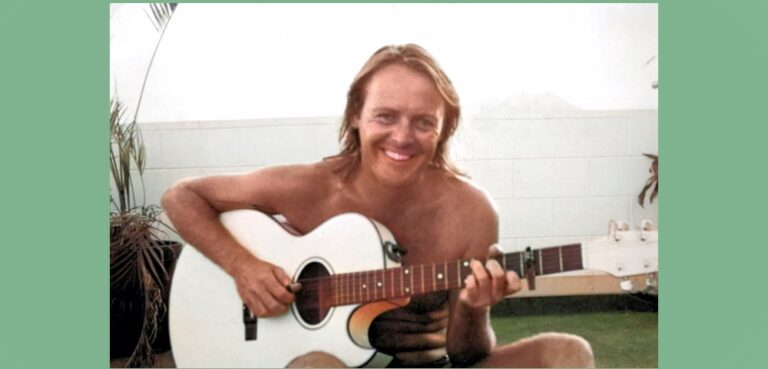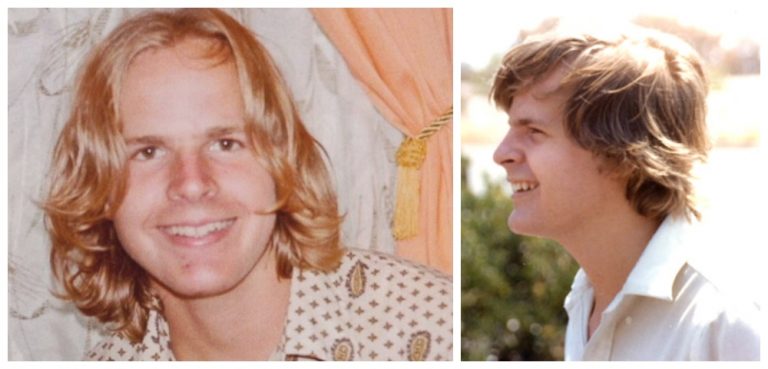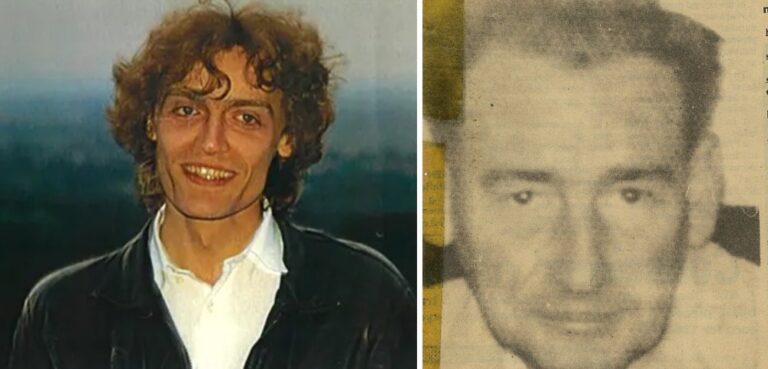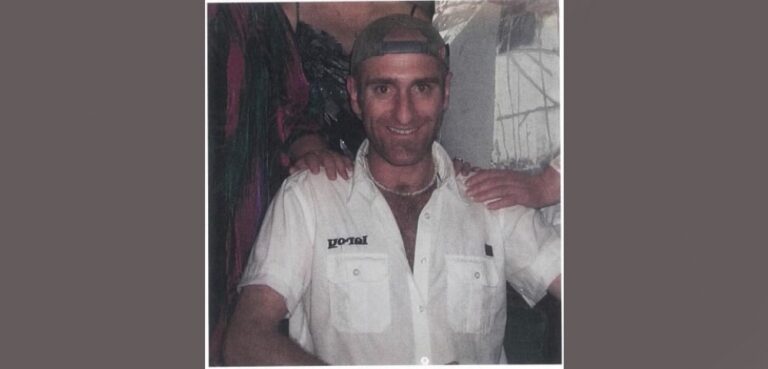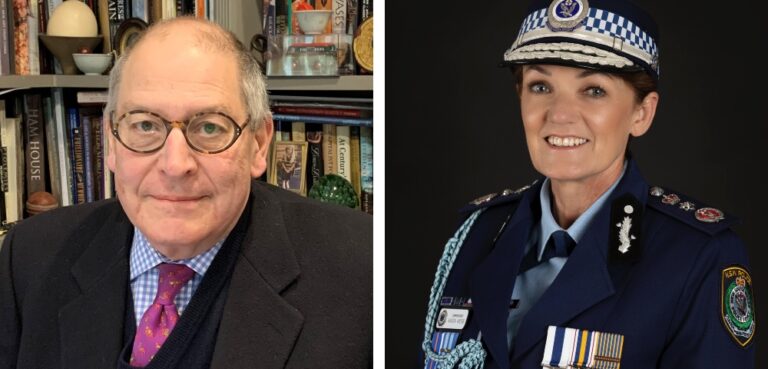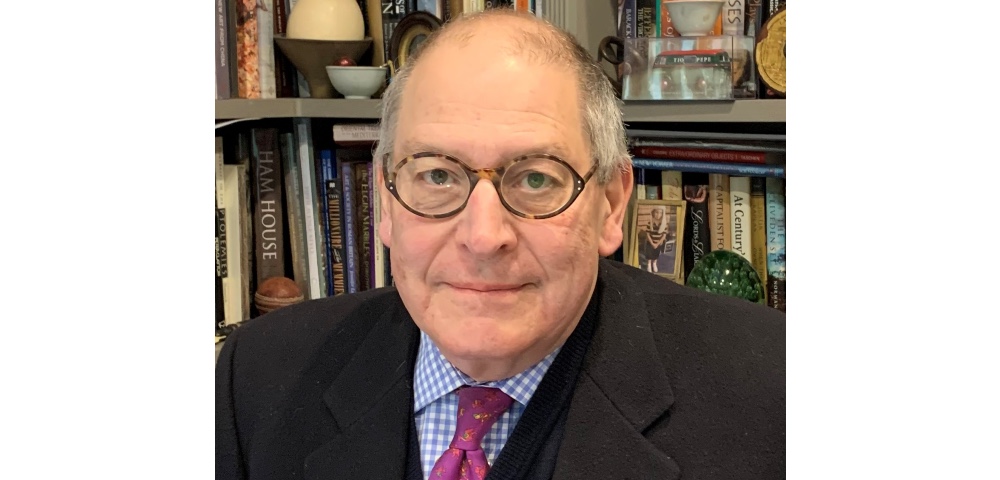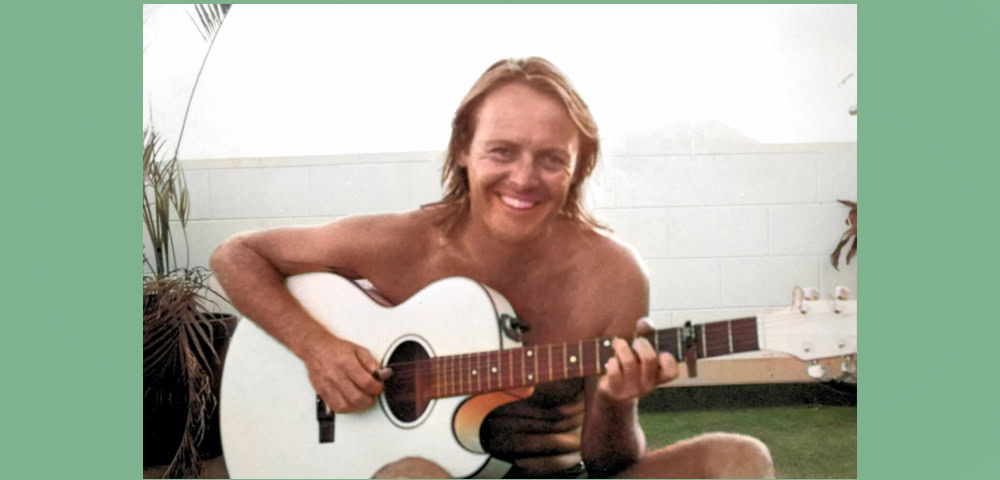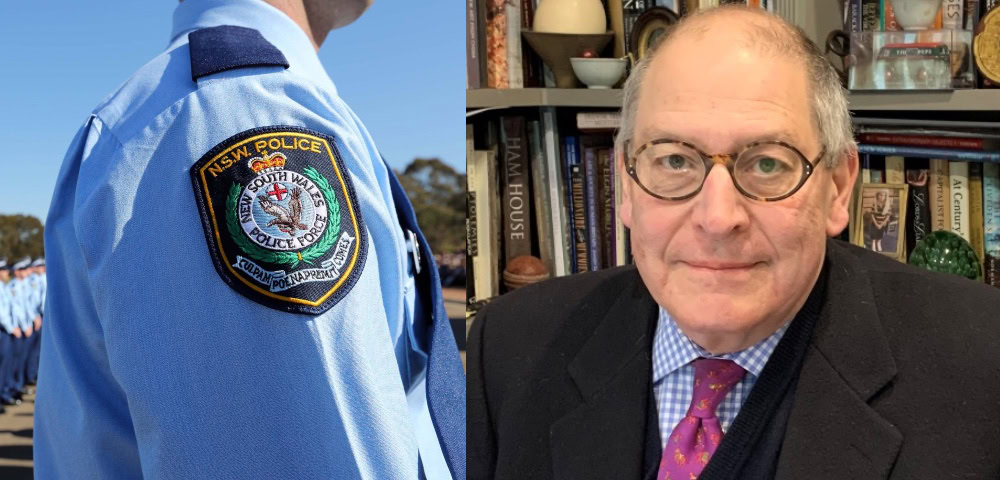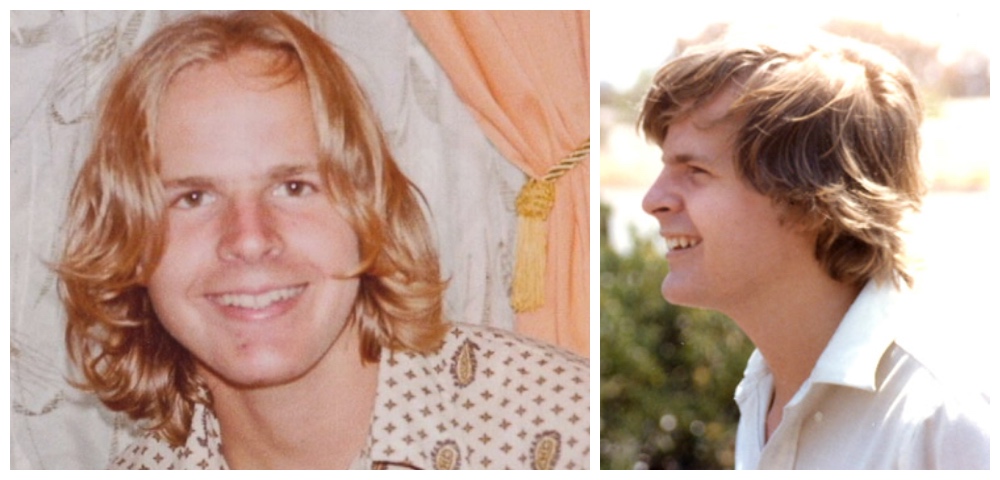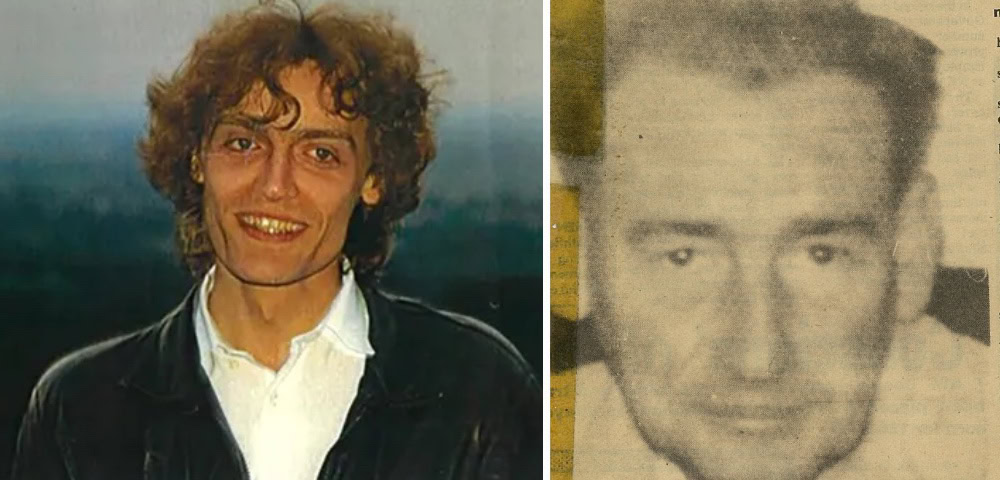
Lack Of Resources Halted 2014 NSW Police Reinvestigation Into Sydney Anti-Gay Hate Crime Deaths
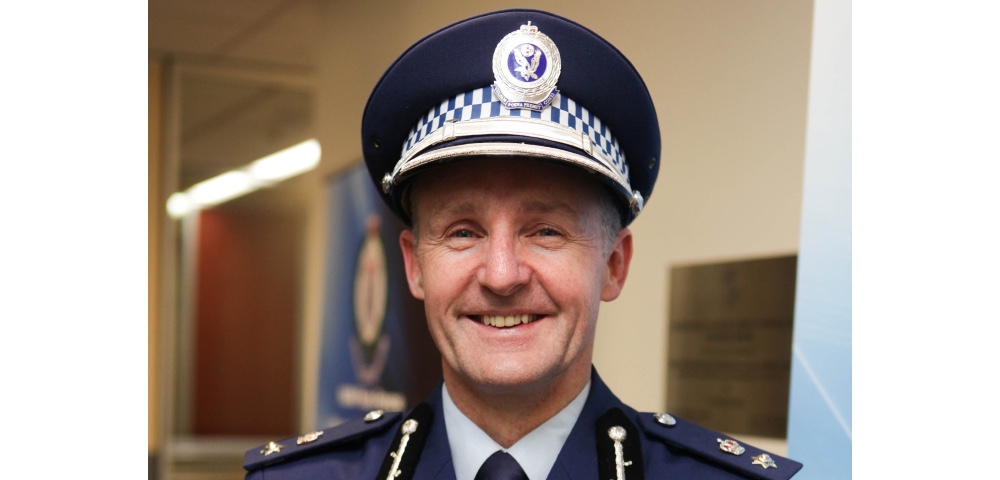
A special commission of inquiry heard that a lack of resources halted a 2014 reinvestigation into around 88 unsolved suspected anti-LGBTQI hate crime deaths in Sydney.
Trigger Warning: This story discusses anti-LGBTQI hate crimes, which might be distressing to some readers. For 24-hour crisis support and suicide prevention call Lifeline on 13 11 14. For Australia-wide LGBTQI peer support call QLife on 1800 184 527 or webchat.
The special commission of inquiry headed by Supreme Court Justice John Sackar is looking into unsolved anti-LGBTQI hate crime deaths that occurred in Sydney and NSW between 1976 and 2010.
The commission heard that Sergeant Geoff Steer, who headed NSW Police’s Bias Crimes Unit, had set up Operation Parabell in 2014 to reinvestigate around 88 suspected anti-gay hate crime deaths.
Reinvestigation Suspended In 2014
Here Are The Stories Behind The Unsolved Deaths Of Gay Men And Trans Women In Sydney
The Bias Crime Unit, which comprised of Steer and Senior Sergeant Jo Kenworthy, senior Gay and Lesbian Liaison Officer, looked at the deaths at North Head and Marks Park, and subsequently obtained briefs of evidence for around 80 cases from the State Archives.
“At this stage, the scale of the undertaking and the lack of resources became a deciding factor,” Steer said in a written statement submitted to the commission, and the work was suspended till resources became available.
NSW Police Assistant Commissioner Anthony Crandell, Commander of Strike Force Parrabell and the former NSW Police Force Corporate Sponsor for Sexuality, Gender Diversity and Intersex, told the commission that if the reinvestigation was to take three to five years, he would have had to ask for “resources for a significant period of time”.
Steer in his statement said that in 2015, minimal staff was allocated to his unit, but by then Strike Force Parabell was set up and took over the investigation of the 88 cases. The Bias Crime Unit was disbanded the same year.
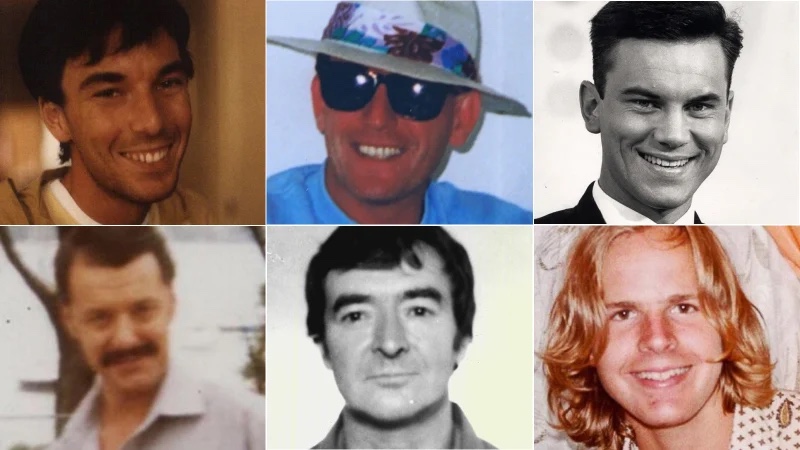
Strike Force Parabell Was A Paper Review
Crandell however clarified to the commission that Strike Force Parabell’s mandate was a “paper review” and not a reinvestigation of the cases.
“I’ve said consistently that it’s not a reinvestigation. A reinvestigation means that you go back out, you review locations, you look for witnesses, you re-interview people in order to determine who the perpetrator is for an offence. That was not what Strike Force Parrabell was doing. They were conducting a review which obviously requires skills of an investigator to have a look at evidence that has been obtained at some stage,” said Crandell.
The inquiry heard about emails from police officers about the tender for independent researchers to conduct an academic review of the report. The officers discussed that “many researchers in this area are connected to the ‘gay community’ and may not be as independent as desirable.
After finishing the review, Associate Professor Derek Dalton wrote to Parabell officers that “sometimes (well, very rarely actually) we have had to criticise NSWPF but, more often than not, our sense is that we have taken pains to defend aspects of the review.”
In its 2017 report, Strike Force Parabell said there was evidence of anti-gay hate crimes in only around eight cases, while 19 were suspected hate crimes, 34 had no evidence and 25 had insufficient evidence.
Counsel Assisting Peter Gray SC asked Crandell if the academic viewed “his role as assisting the police from a PR point of view?”
‘Coroner’s Findings To Be Disregarded’
The inquiry also heard that in 2015 NSW Police had set up Strike Force Neiwand to reinvestigate the deaths of Ross Warren, John Russell and Gilles Mattaini.
A 2005 coronial inquest had concluded that Warren and Russell’s death were “gay-hate related homicides” and there was a “strong possibility that the death of Mr Mattaini had occurred in similar circumstances”.
However, in its 2017 report Strike Force Neiwand said that the coroner’s findings should be “disregarded” and “that while homicide could not be ruled out, other causes of death were as likely or more likely”. The inquiry heard that Detective Chief Inspector John Lehmann, who headed Strike Force Neiwand, had in 2013 said that reports of 30 unsolved anti-LGBTQI hate homicides were “grossly exaggerated”. Strike Force Parabell said that the three deaths were “suspected” anti-gay hate crimes.
78ers Slam NSW Police Over Objections Before Sydney Hate Crime Deaths Inquiry
Crandell told the inquiry last week that when he undertook sexuality and diversity training, he was told that “there were written records at the time of up to at least 20 reports per day of bashings of gay men“.
The officer agreed that LGBTQI persons even today remained mistrustful of police and were unwilling to report crimes against them to the police.
The special commission of inquiry had last week dismissed objections raised by NSW Police that the judicial inquiry could not analyse or review the sufficiency or adequacy of earlier reports, including its landmark Strike Force Parabell report.
If you feel distressed reading the story, you can reach out to support services.
For 24-hour crisis support and suicide prevention call Lifeline on 13 11 14
For Australia-wide LGBTQI peer support call QLife on 1800 184 527 or webchat.
